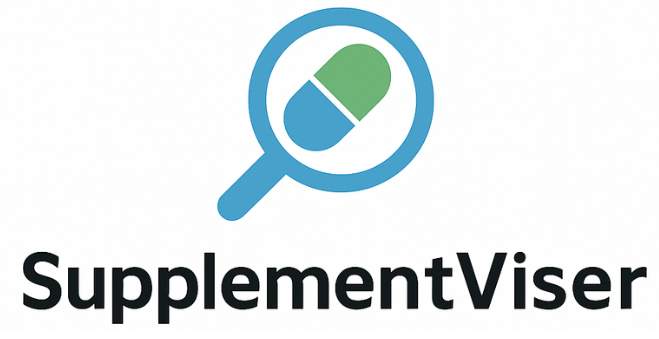YouTube Discussion: What makes muscles grow? – Jeffrey Siegel
Views: 22289170 | Likes: 531683
1. Key Benefits and Effects: Whey protein supplementation has been found to have several health benefits. It can significantly improve muscle mass and physical function, particularly when combined with resistance exercise, making it beneficial for older adults (Mori & Tokuda, 2018). It has also been found to enhance nutritional status, glutathione levels, and immune function in cancer patients (Bumrungpert & Pavadhgul, 2018). Other potential therapeutic benefits include acting as an antioxidant, aiding in weight management, and supporting heart health (Marshall, 2004; Solak & Akin, 2012). In obese subjects, whey protein supplementation has been shown to increase fat loss and preserve lean muscle (Frestedt et al., 2008).
2. Safety Considerations: Across the studies, whey protein supplementation has been confirmed as generally safe for consumption. No adverse effects were reported in the studies involving older women and cancer patients (Mori & Tokuda, 2018; Bumrungpert & Pavadhgul, 2018). However, Solak and Akin (2012) suggest that it should be used in moderation due to potential digestive issues in some individuals.
3. Recommended Usage: While specific dosages were not mentioned in the summaries, the general consensus is that usage should be tailored to individual nutritional needs. It’s also suggested that the benefits of whey protein are enhanced when combined with physical exercise.
4. Scientific Strength of Evidence: The credibility scores of the studies range from 7.11 to 8.0, indicating a high level of scientific evidence supporting the benefits and safety of whey protein supplementation. The studies include randomized controlled trials and comprehensive reviews, adding to the strength of the evidence.
In conclusion, whey protein supplementation appears to offer several health benefits, including improved muscle mass, enhanced immune function, and aid in weight management. It is generally safe for consumption, but usage should be tailored to individual needs and used in moderation. As always, individuals should consult with a healthcare provider before starting any new supplement regimen.
Top Reddit Discussions
| Title | Score | Link |
|---|---|---|
| Best whey protein powder for muscle gain | 9 | View Post |
| Whey protein isolate: I challenge anyone to find a better price than this Now Foods 10-lb bag from Amazon | 7 | View Post |
| Whey protein causing brain-fog? | 4 | View Post |

Leave a Reply